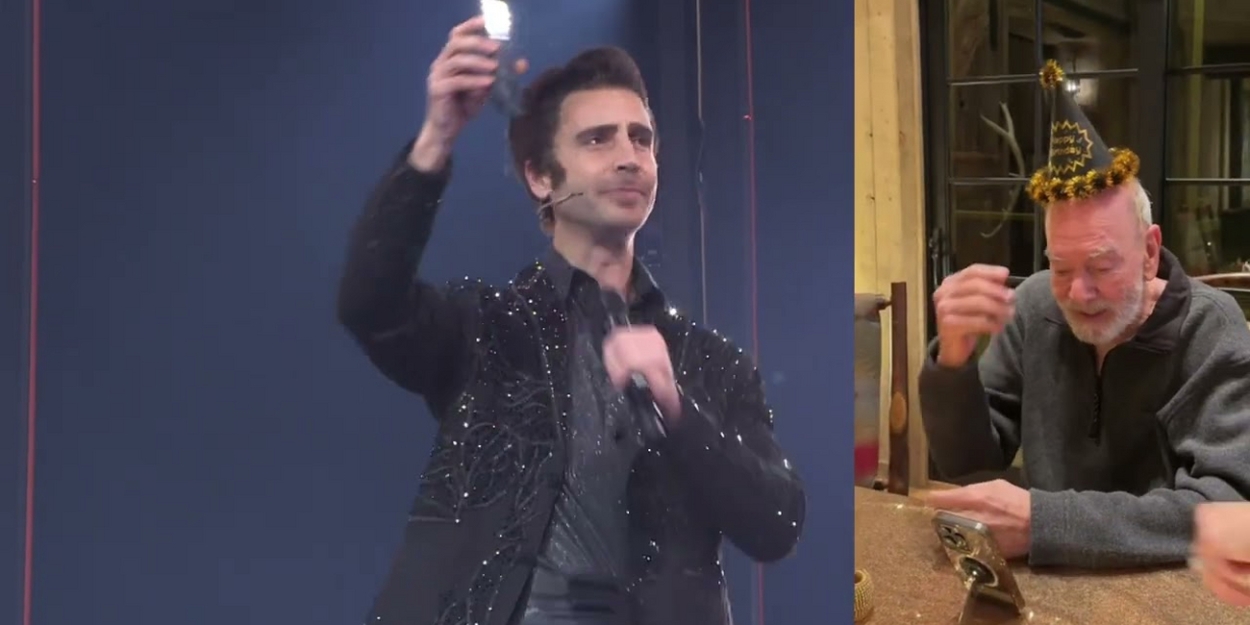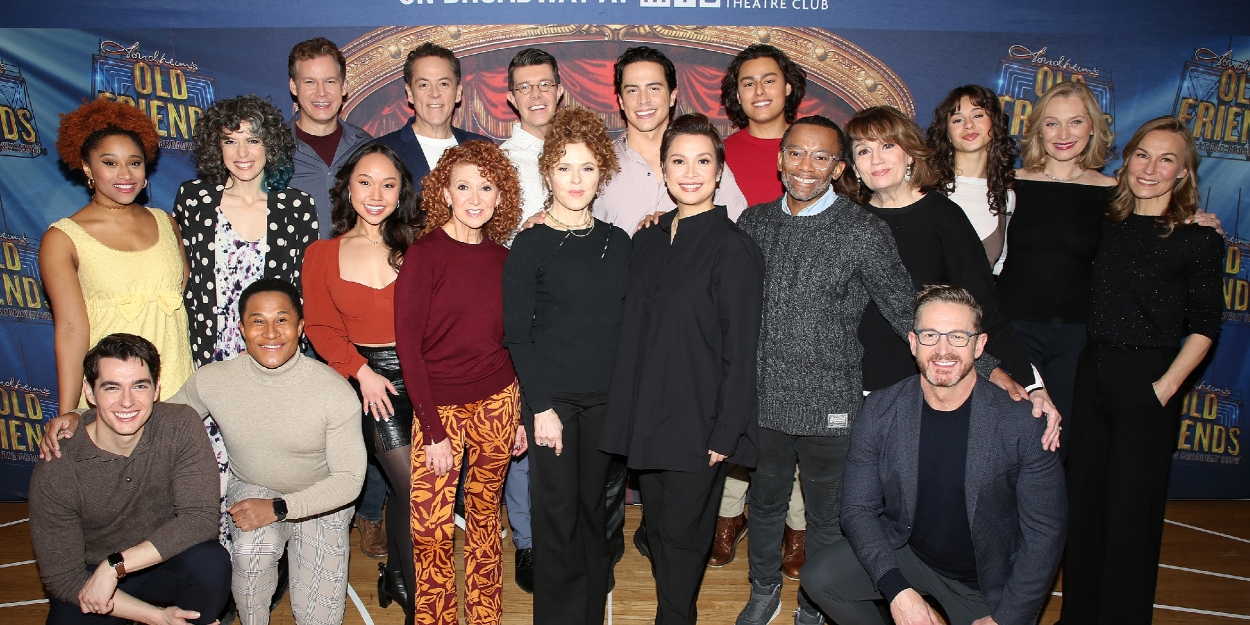Theatre review: A Good House

If the Royal Court Upstairs has a history of making you feel very nervous about any play featuring a baby, the main Downstairs theatre can give you déjà vu with a satire on race relations set firmly in the suburbs, whose communities appear happily integrated on a surface that's easily scratched away. If Clybourne Park had over fifty years of history to play with, Amy Jephta's A Good House deals with a place where the very first roots of racial integration are only three decades old: The aptly-named Stillwater is an affluent new-build suburb of Johannesburg, where Bonolo (Mimî M Khayisa) and Sihle (Sifiso Mazibuko) were early buyers, and two years on remain the only black residents. Meanwhile, yoga instructor Jess (Robyn Rainsford) and her husband Andrew (Kai Luke Brummer) moved in a couple of months ago, paying a much higher price which means all their money is now tied up in the house.
Jess and Andrew's house is next to a vacant lot, where a corrugated iron shack has recently appeared. Nobody knows who built it, nobody's been seen near it, and the local authority seems to have no idea who owns the land, so the whole thing remains a mystery reminiscent of an unspoken event that happened in a nearby suburb.
Lynette (Olivia Darnley) is another resident as well as the estate agent who sold the properties, so when she and her husband Christopher (Scott Sparrow) visit Sihle and Bonolo for a wine and cheese evening they bring up the subject of the shack, and would particularly like their neighbours to sign and deliver the eviction notice. What's unspoken is of course why it has to be the black couple: A tin shack immediately brings to mind shanty towns full of black South Africans, and the white couples don't want the optics of it looking like they're kicking out a black family.
So this is a play about how the end of Apartheid wasn't a magic flip of the switch, and even in cases where black families have become financially successful, the country's history and continuing inequality still haunts how they have to behave. So Sihle, who came from a poorer background, is a chronic people-pleaser, nicknamed the Slinky at work because he bends over backwards for everyone. Bonolo is a lot more confrontational about the casual racism of the situation, keen to bring up an impoverished family history that isn't quite accurate in her case. But she too wants to show that she fits into a the upper-middle class neighborhood, with her special cutlery for guests and wine aerator from Italy.
I liked the subtle way the play shows how the pair have to have a constant element of performance switched on - when he's in his jogging gear or dressed down because they've got the builders in, Sihle gets a markedly different attitude from the white neighbours than when he's in a suit. But for the most part Jephta uses sharp comedy as her weapon, and Nancy Medina's production handles both the snappy dialogue and the cringe comedy well - the situation may come out of a very specific history, but it can still be boiled down to familiar arguments about who gets let into the neighbourhood WhatsApp.
There's a few moments where there's a lull: I'm not sure the occasional tonal lurch almost into fantasy really works, and ULTZ' set does require some manual changes that rob the action of some momentum. The actual design highlight is the mythical shack itself, which occasionally reveals itself in the background, and which morphs and unfolds into whatever monstrous construction the characters are currently imagining it as. For the most part this uses the writer's comic setups to very successfully cover a lot of nuance, until the final satirical kick - in the end, what really matters is that the houses' value keeps going up.
A Good House by Amy Jephta is booking until the 8th of February at the Royal Court's Jerwood Theatre Downstairs; then from the 14th of February to the 8th of March at Bristol Old Vic.
Running time: 1 hour 40 minutes straight through.
Photo credit: Camilla Greenwell.
Source: View source


